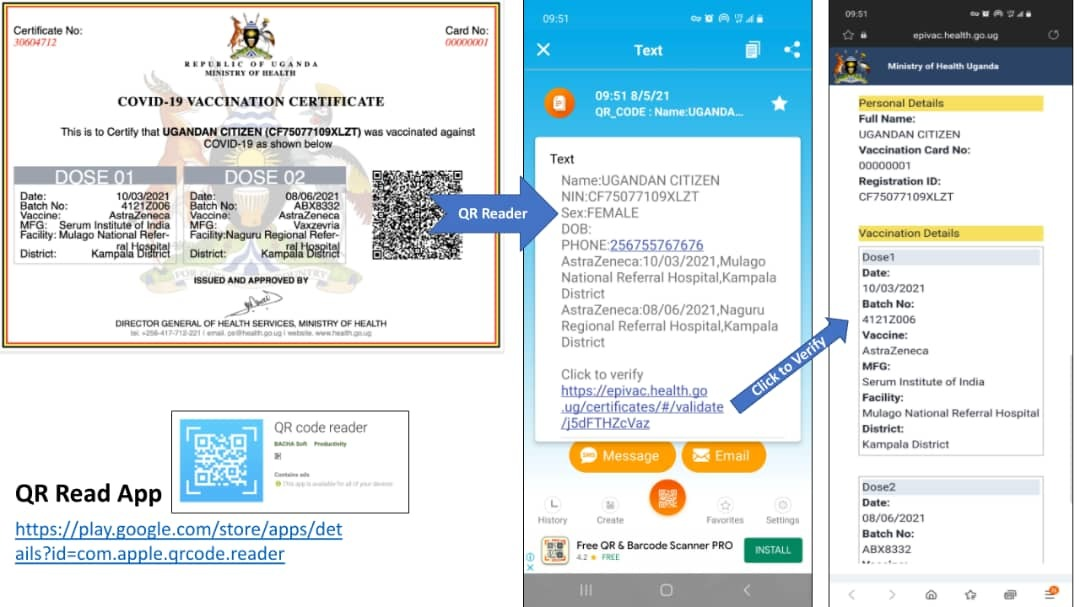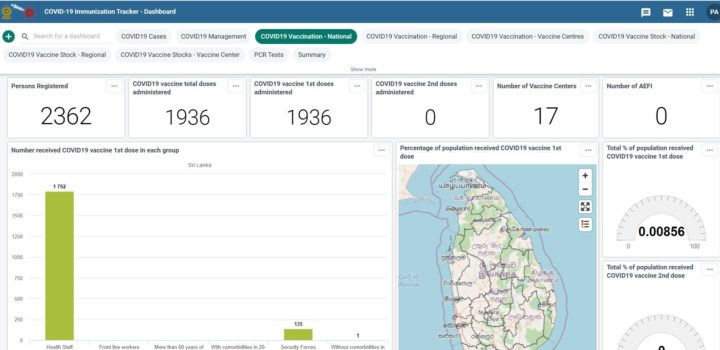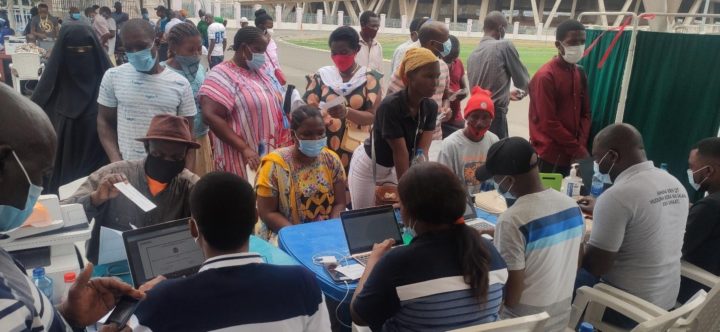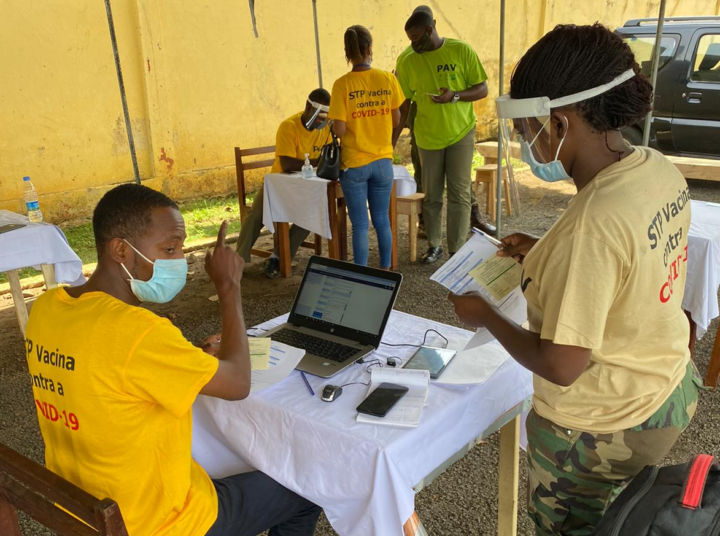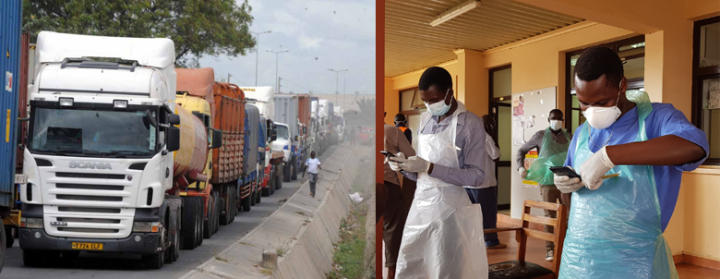From Asia to Africa to the Americas, data from DHIS2 is being used to generate secure and verifiable digital documentation of COVID-19 vaccination status or recent test results. While variations in local and regional needs and infrastructure (both technical and regulatory) make it difficult to develop a “one size fits all” solution, the use of DHIS2 COVID-19 metadata packages helps countries ensure that the data they collect is aligned with WHO guidelines, while DHIS2’s open and documented API allow local health authorities to integrate data from DHIS2-based COVID-19 electronic immunization registries into any number of vaccine passport and certificate solutions, including the EU Digital COVID Certificate and DIVOC.
In many countries, HISP groups have played a key role in supporting the development of these local solutions, and have shared their approaches throughout the HISP network, making it possible for any country using DHIS2 Tracker to take build on existing solutions, such as the certificate solution that was initially developed by HISP Vietnam.
The information on this page highlights a selection of DHIS2-based integrations for generating digital certificates. You can learn more about general DHIS2 integration approaches on our Integration and Interoperability page. For support deploying a digital certificate solution, contact your regional HISP group.
